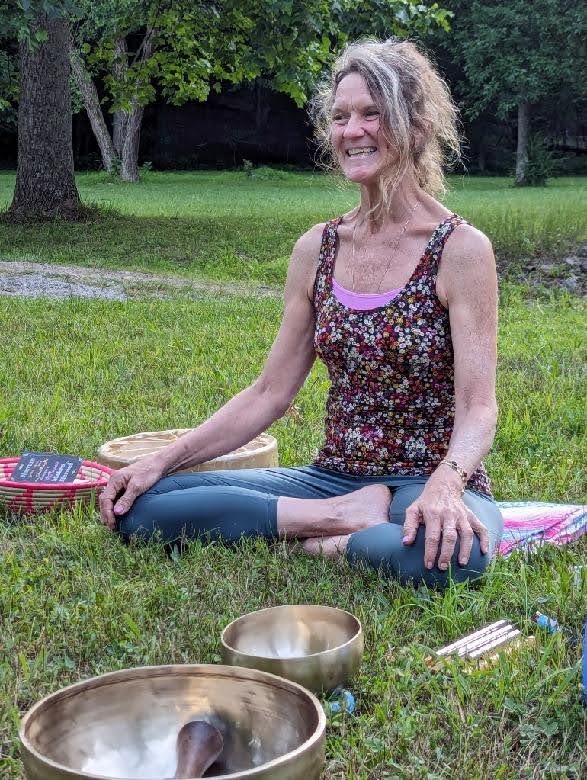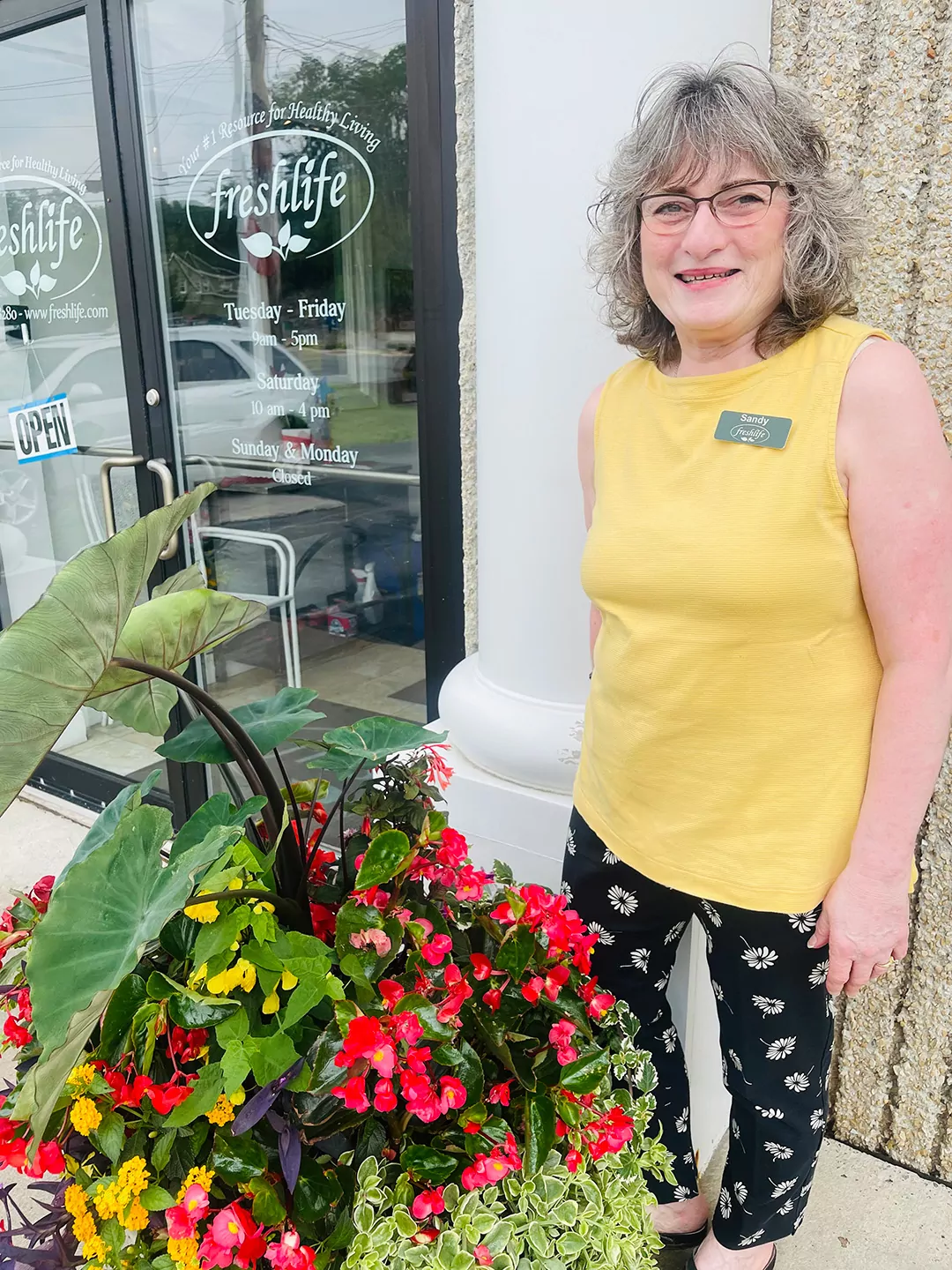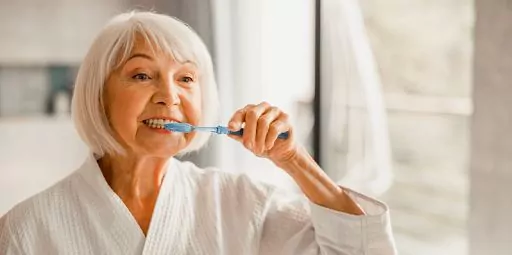
Vibrational Sound Therapy at Freshlife
Vibrational Sound Therapy at Freshlife What: Lyme Disease Support GroupWhen: Saturday October 19th 9-10 am Where: Freshlife Who: Hosted by Sandy Fidler, Freshlife Wellness Coach
2350 East Third Street Suite #4
Williamsport PA 17701
Tuesday thru Friday 9-5
Saturday 10-4
Smoothie Bar Open-4
570-322-8280

Vibrational Sound Therapy at Freshlife What: Lyme Disease Support GroupWhen: Saturday October 19th 9-10 am Where: Freshlife Who: Hosted by Sandy Fidler, Freshlife Wellness Coach

Join us for our NEW Lyme Disease Support Group Chronic illnesses have become more prevalent in recent years. It’s so common to hear of or

Aging Well with a Healthy Diet What is a healthy diet? According to the dictionary, a healthy diet maintains or improves our health. Its purpose

Aging Well with Better Sleep Part 2 Last week, we covered the importance of getting a good night’s sleep, including REM sleep. Today we would

Aging Well and Hearing Part 2 Last week we talked about the indications and common causes of age-related hearing loss. (Read the full article here)

Aging Well with Oral Care Improper oral care can negatively impact your daily quality of life. Your mouth is the gateway to your gut health.
© Copyright 2024 Freshlife
Health Disclaimer: The information provided on this site should not be construed as personal medical advice or instruction. It is intended for educational purpose only and is not meant to diagnose or treat any disease. No action should be taken based solely on the contents of this site. Readers should consult appropriate health professionals on any matter relating to their health and well-being. Site content is copyrighted and may not be reproduced without permission.
Site developed by Millionaire Designs